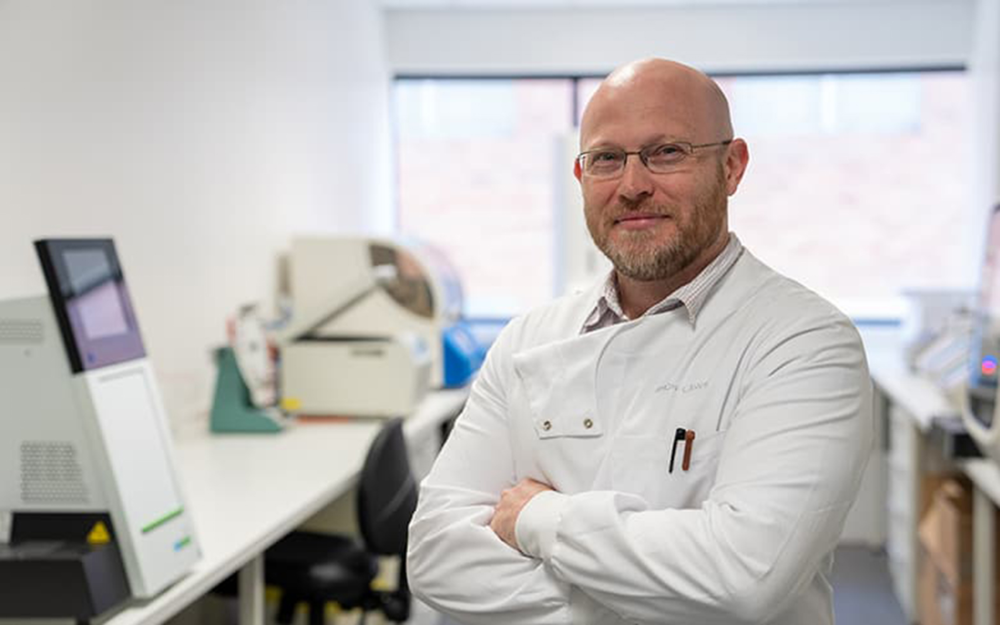Put the billy on! How to keep healthy with a cuppa.
Danny Hanrahan
29 November 2022, 8:45 AM
 A pannikin of traditional black tea could be one of the best things for you and your heart.
A pannikin of traditional black tea could be one of the best things for you and your heart.It's a tradition that continues to be embraced by those who live in the bush.
Coffee may have taken Australia by storm but boiling up the billy or putting the kettle on every day could be the key to a healthy life, according to an Australian study that found tea consumption in elderly women had positive effects.
The key are flavonoids, naturally occurring substances found in many common foods and beverages, such as black and green tea, apples, nuts, citrus fruit, berries and more.
Two recent studies have found that flavonoids help prevent extensive build-up of abdominal aortic calcification (AAC) which is a predictor of cardiovascular risk such as heart attack and stroke. In addition the studies found AAC is also a reliable marker for late-life dementia.
AAC is the calcification of the abdominal aorta, the largest artery in the body which supplies oxygenated blood from the heart to the abdominal organs and lower limbs.
The first study by Edith Cowan University (ECU) research shows flavonoids may be even better for us than previously thought.
ECU Nutrition and Health Innovation Research Institute researcher and study lead Ben Parmenter said while there were many dietary sources of flavonoids, some had particularly high amounts.
“In most populations, a small group of foods and beverages, uniquely high in flavonoids, contribute the bulk of total dietary flavonoid intake,” he said.
“The main contributors are usually black or green tea, blueberries, strawberries, oranges, red wine, apples, raisins/grapes and dark chocolate.”
The Heart Foundation supported a study of 881 elderly women (median age of 80), which found they were far less likely to have extensive build-up of abdominal aortic calcification if they consumed a high level of flavonoids in their diet.

Study lead Ben Parmenter Source: ECU
The Flavonoid Family
There are many different types of flavonoids, such as flavan-3-ols and flavonols, which the study indicated appear to also have a relationship with AAC.
Study participants who had a higher intake of total flavonoids, flavan-3-ols and flavonols were 36 to 39 per cent less likely to have extensive AAC.
Black tea was the study cohort’s main source of total flavonoids and was also associated with significantly lower odds of extensive AAC.
Compared with respondents who didn’t drink tea, participants who had two to six cups per day had 16 to 42 per cent less chance of having extensive AAC.
However, some other dietary sources of flavonoids such as fruit juice, red wine and chocolate, did not show a significant beneficial association with AAC.

Not Just Tea
Though black tea was the main source of flavonoids in the study, likely due to the age of the participants. Mr Parmenter said people could still benefit from flavonoids without putting the kettle on.
“Out of the women who don’t drink black tea, higher total non-tea flavonoid intake also appears to protect against extensive calcification of the arteries,” he said.
“This implies flavonoids from sources other than black tea may be protective against AAC when tea is not consumed.”
Mr Parmenter said this was important as it allows non-tea drinkers to still benefit from flavonoids in their diet.
“In other populations or groups of people, such as young men or people from other countries, black tea might not be the main source of flavonoids,” he said.

Professor Simon Laws Source: ECU
Milk and Sugar Please
A number of studies have found that adding cow’s milk to tea has a negative effect on the flavonoids in black tea. The lower the fat content of the milk the greater the flavonoid benefits. Black tea results in the most benefits from flavonoids.
Dietitians recommend the use of a no-calorie sweetener such as stevia. A natural sweetener, stevia contains no calories and so will not affect your added sugar intake.
In place of cream or milk, lemon can be added. In addition to being a lower-calorie alternative, lemon also has the added benefit of possibly increasing flavonoids in black tea.

Late Life Dementia
In the second study the Centre for Precision Health found that ACC is a reliable predictor for Late Life Dementia, which is becoming increasingly common in people after 80 years of age.
Centre for Precision Health director Professor Simon Laws said AAC could identify dementia risk earlier in people’s life, which could prove vital in warding off the condition.
“There’s an adage in dementia research that what’s good for your heart is good for your brain,” he said.
“Researchers have examined the AAC results in 968 women from the late 1990s, and then followed their health status for over 15 years”.
“They found one in two older women had medium to high levels of AAC, and these women were twice as likely to be hospitalized or die from a late-life dementia, independent of other cardiovascular factors or genetic factors”.




